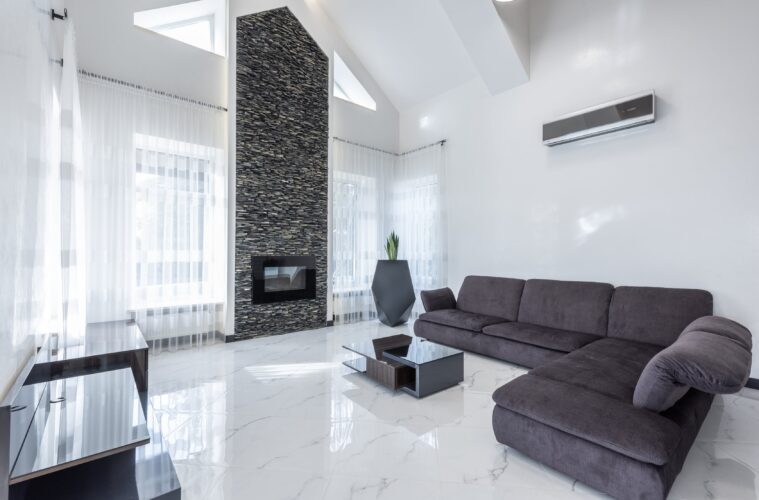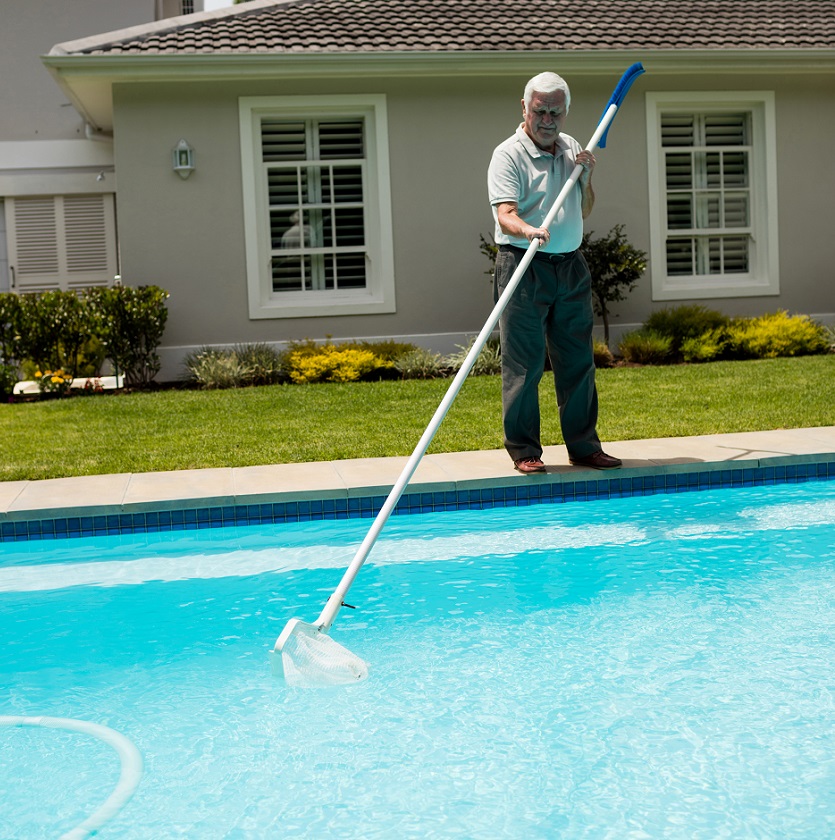Summer is around the corner, and we cannot wait to chase away the winter chills. We look forward to having the warm sunshine on our backs and planning for beach holidays or summer camps. Do you live in an area where you know climate temperatures will be so high that you need a fan or cooling system to be comfortable in the house? You might not look forward to paying high electricity bills because of your home cooling system.
Heating and cooling systems can use almost 30% to 40% of the total electricity used in your home. So, what efficient cooling systems can you install into your home to cool it down while simultaneously reducing your energy bills? When you think about a cooling system, your first thought might be an air conditioner. However, the market offers various efficient cooling systems. Consider the following cooling systems.
Air Conditioning your home
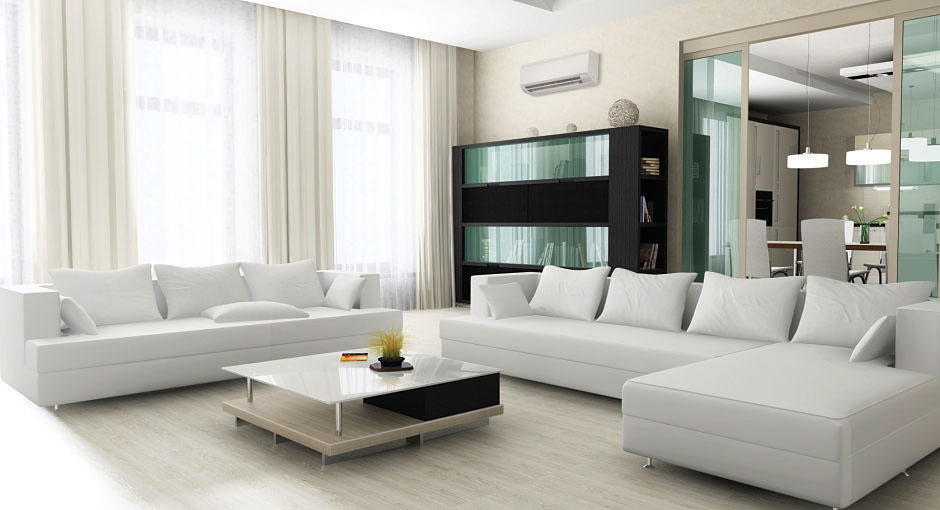
source: residencestyle.com
You may have an air conditioning system in your home. However, because of its age, and constant use, it has become less efficient. So, what can you do? It would be wise to seek consultation from a professional. A professional will let you know whether you need to have some repairs or replacements like AC replacement by Mister Quik Home Services done with a modern and more efficient cooling system. Installing an efficiently working air conditioning cooling system can help reduce the energy needed to cool your home by 10%.
Air conditioning systems exist in various forms: –
- Central Air conditioning should cool your entire house through air ducts.
- Window Air conditioning cool single rooms. The window air conditioners allow you to control an individual room and thus save energy. Window air conditioners conserve more energy consumption because of their single-room nature.
- Ductless Mini-Split Systems provide cooling in rooms that do not have air ducts or houses that do not use air tubes. These mini-split systems have indoor air-handling units individually controlled for each room. You can install wall or ceiling air handlers, which connect to outdoor cooling condensers.
Geothermal Systems
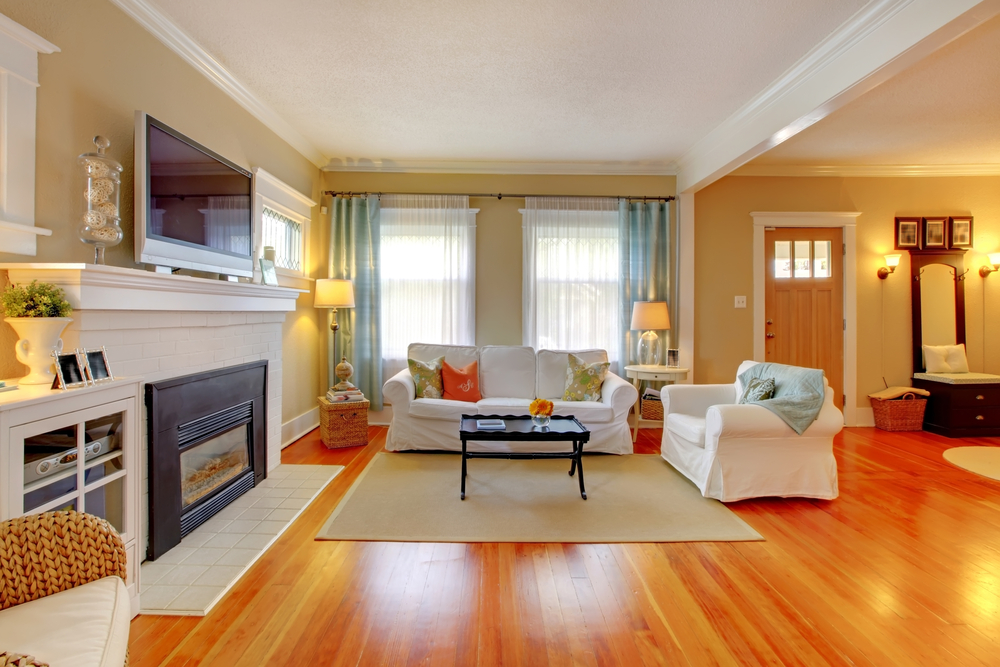
source: southnashvillehvac.com
Geothermal systems refer to a cooling system with pipes filled with liquid installed underground. The geothermal liquid-filled pipes placed deep in the ground beneath your house, lawn, or driveway trap the earth’s heat, store it, and transfer it to the system’s heating and cooling pump. Though the cost of installing a geothermal system is higher than installing an AC system, it will save your energy costs, depending on your usage. Geothermal systems can save from about 25% to 50% of your energy bills while cooling your home.
Evaporative Cooling Systems
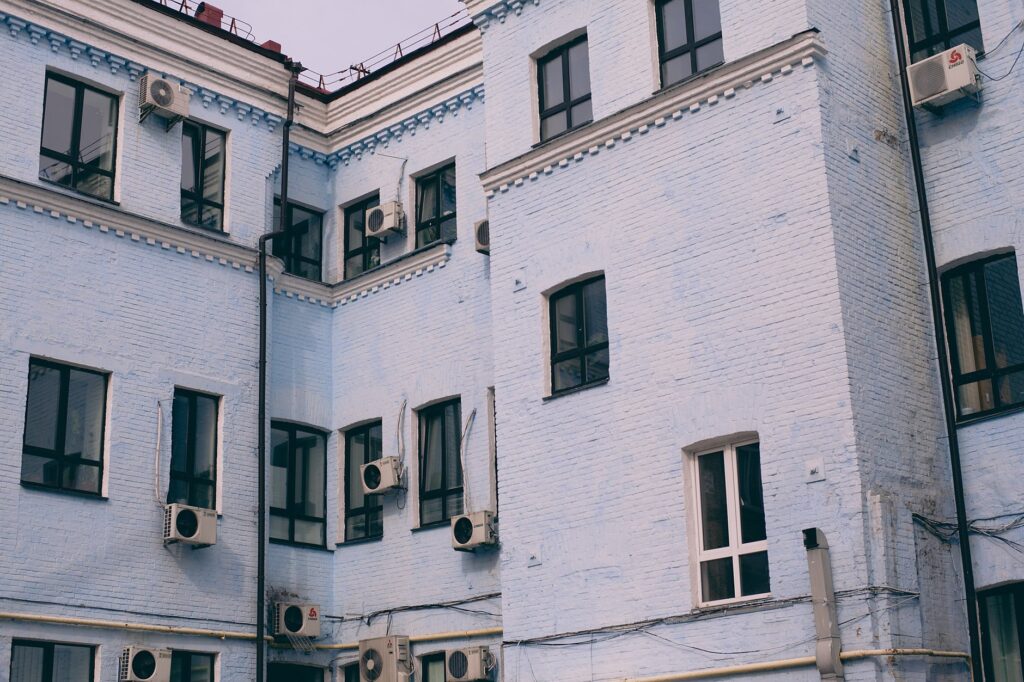
source: pinterest.com
Evaporative coolers use the power of air and water to cool the home efficiently and at energy-saving costs. These coolers work best in dryer climate areas as the water evaporates faster in warmer air, thus helping reduce the hot air in the house. The benefit of evaporative coolers is that it allows you to remove the stuffy air feeling from your home. Why? Because these coolers rely on a constant flow of air from open windows. The warm air also escapes from your house as the hot air rises to leave the cooling air in your home.
Ventilation Cooling Systems
Though the words Ventilation Cooling Systems sound fancy, they refer to the ceiling and window fans that take little energy to cool down your home. The ceiling fan ensures the air circulation in your home as its circular motion brings about a cooling breeze. Using large ceiling fans helps cool the air more efficiently than operating smaller window fans.
During the day, window fans work effectively to draw hot air from the room to leave cooler air circulating in your home. During the night, window fans bring cool outside air into the house, thus effectively cooling the house at energy-saving costs.
Whole house fans work by drawing in cool air from outside into the house and circulating it through house channels. By using whole-house fans, you can save about 60 percent less energy compared to using traditional air conditioners.
Residential Thermal Energy Storage Cooling Systems
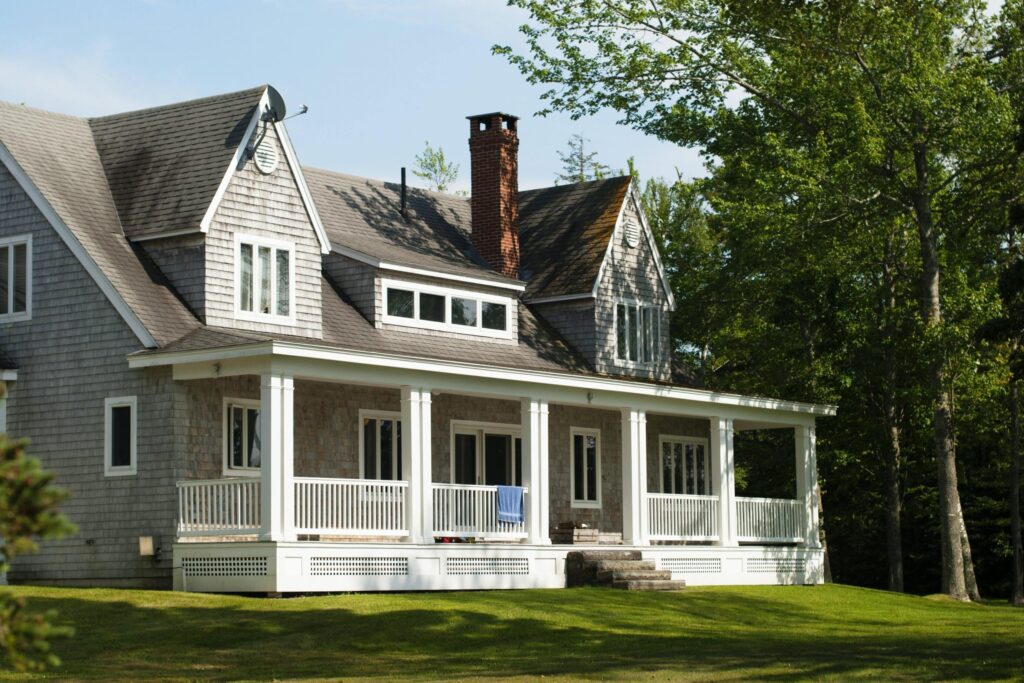
source: pinterest.com
Thermal Energy storage works by using more energy at night (when the electricity cost per kilowatt is less expensive) and less energy during the day. The thermal system works by turning the water in ice storage tanks into ice at night. During the day, the cooling system melts the ice in the storage tanks. The melting ice, in turn, releases cool air to circulate throughout the house.
Conclusion
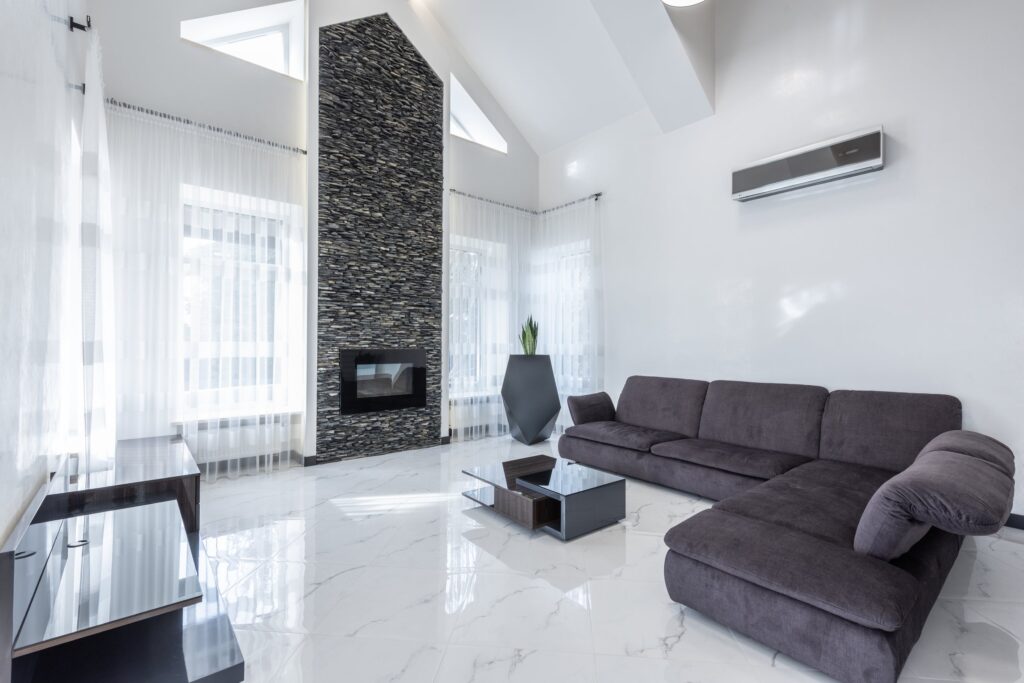
source: pexels.com
Whichever cooling system you use or choose to install in your home needs maintenance. Regularly servicing your cooling system enables it to work efficiently and gives you a comfortable home. For the right cooling system for your home, think about your home location. Is the climate around your home dry, cool, or filled with humidity? This information will allow you to install an effective system for your home, allowing you to save on energy costs. All cooling systems have their pros and cons.
We recommend you do background research on the cooling system you want to install into your home. A professional may advise you to connect your cooling systems to solar panels or inverter systems. By using these energy-saving power sources, you can reduce the amount of energy by 50%, making them cost-effective.

